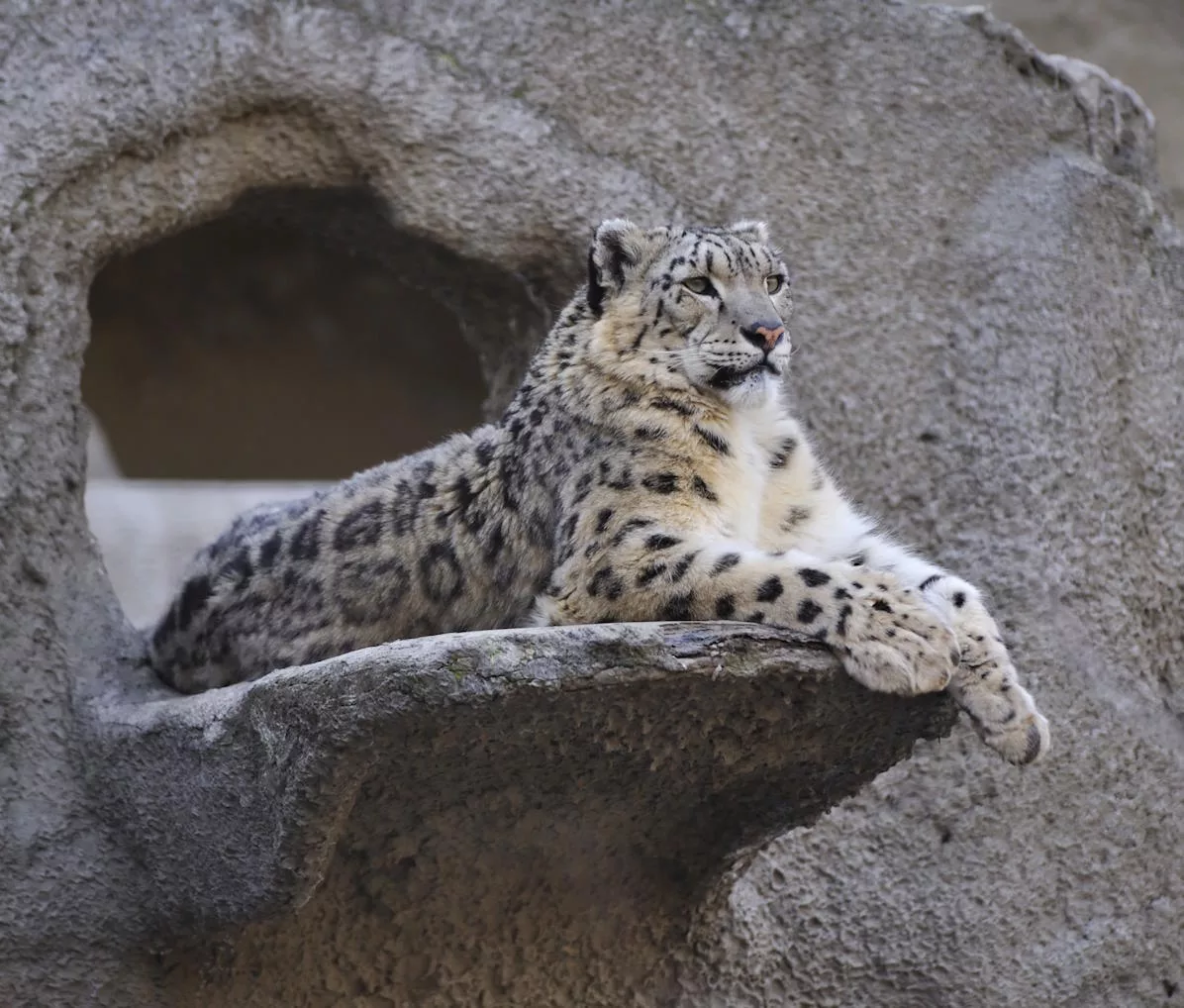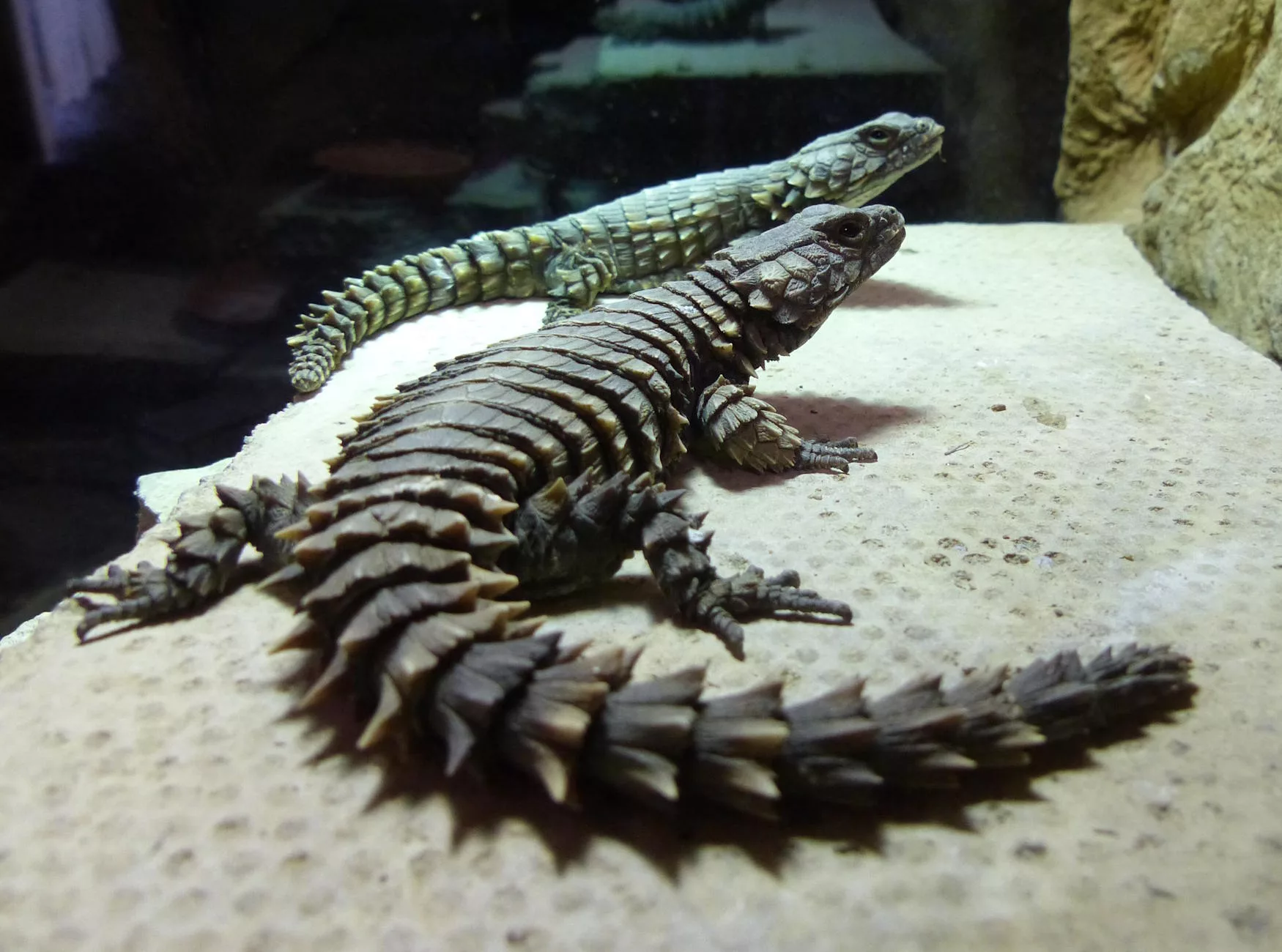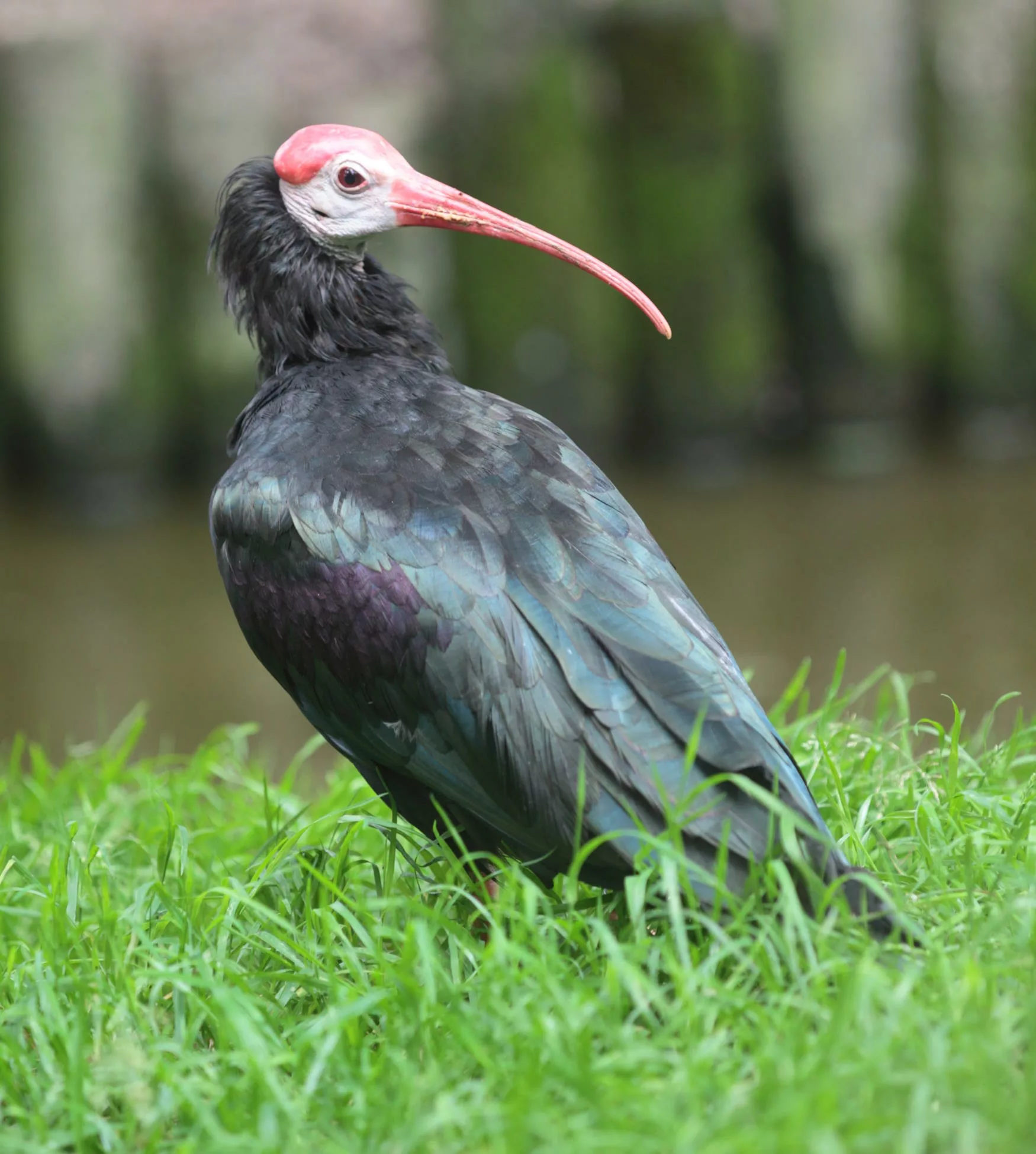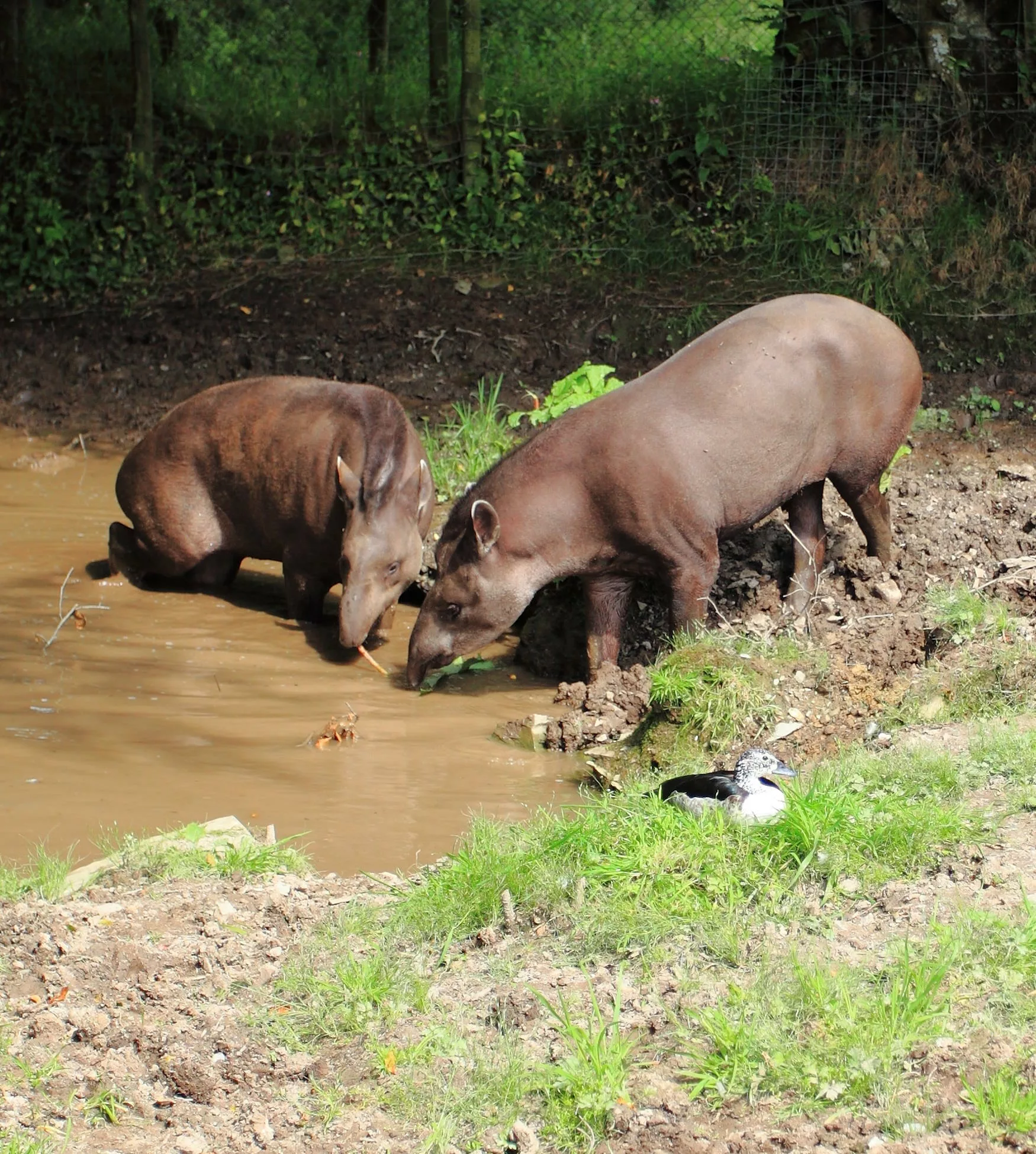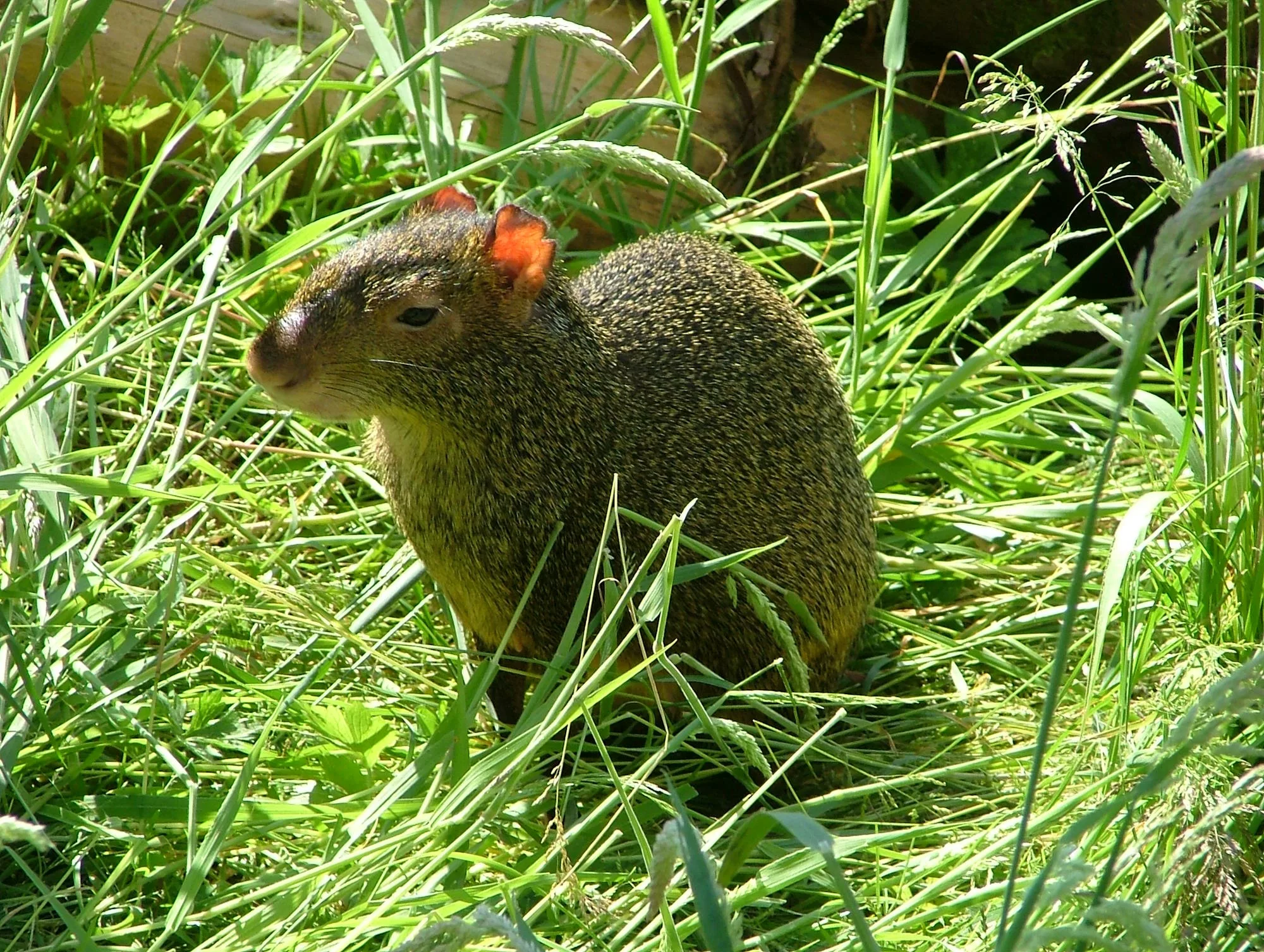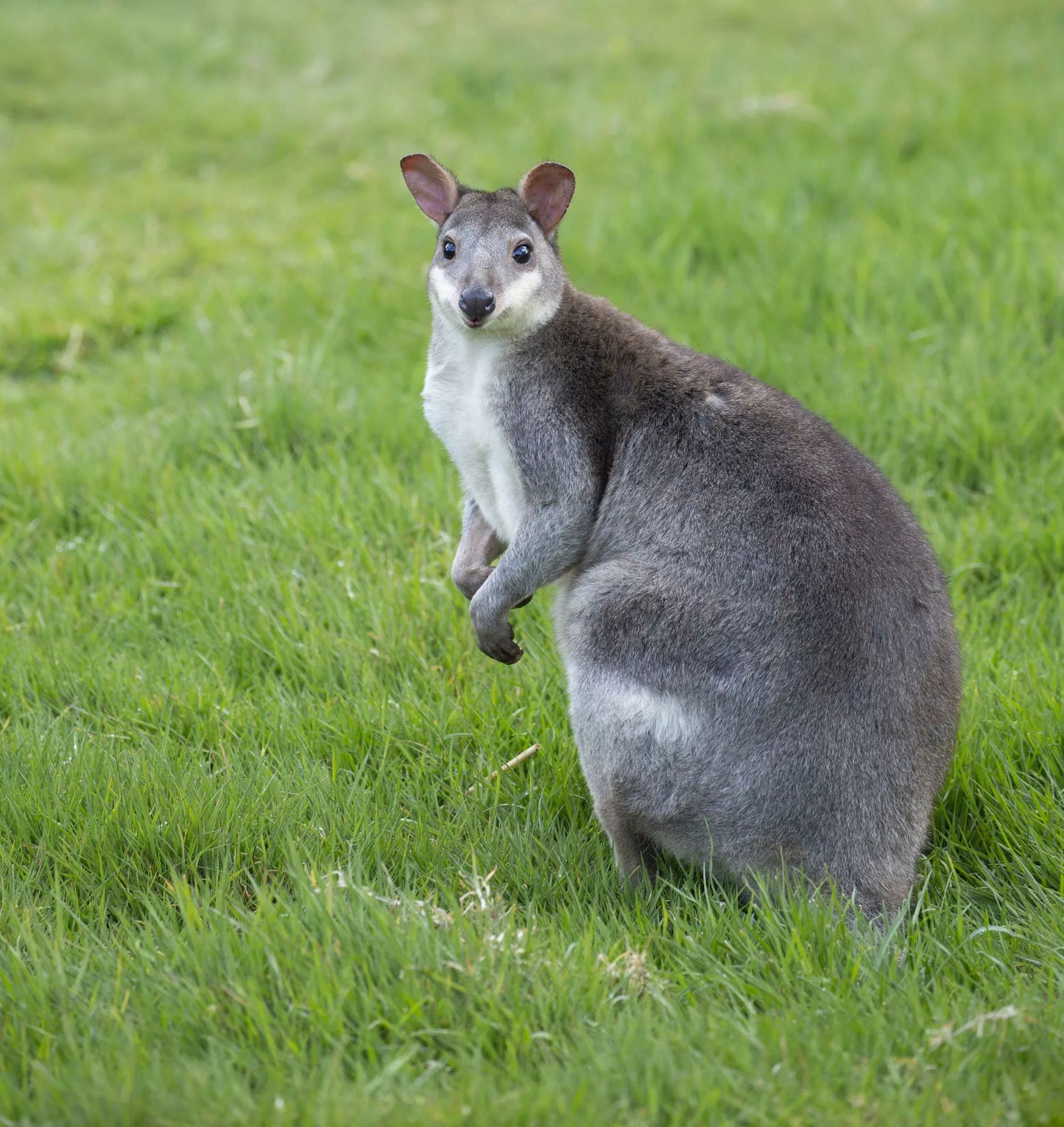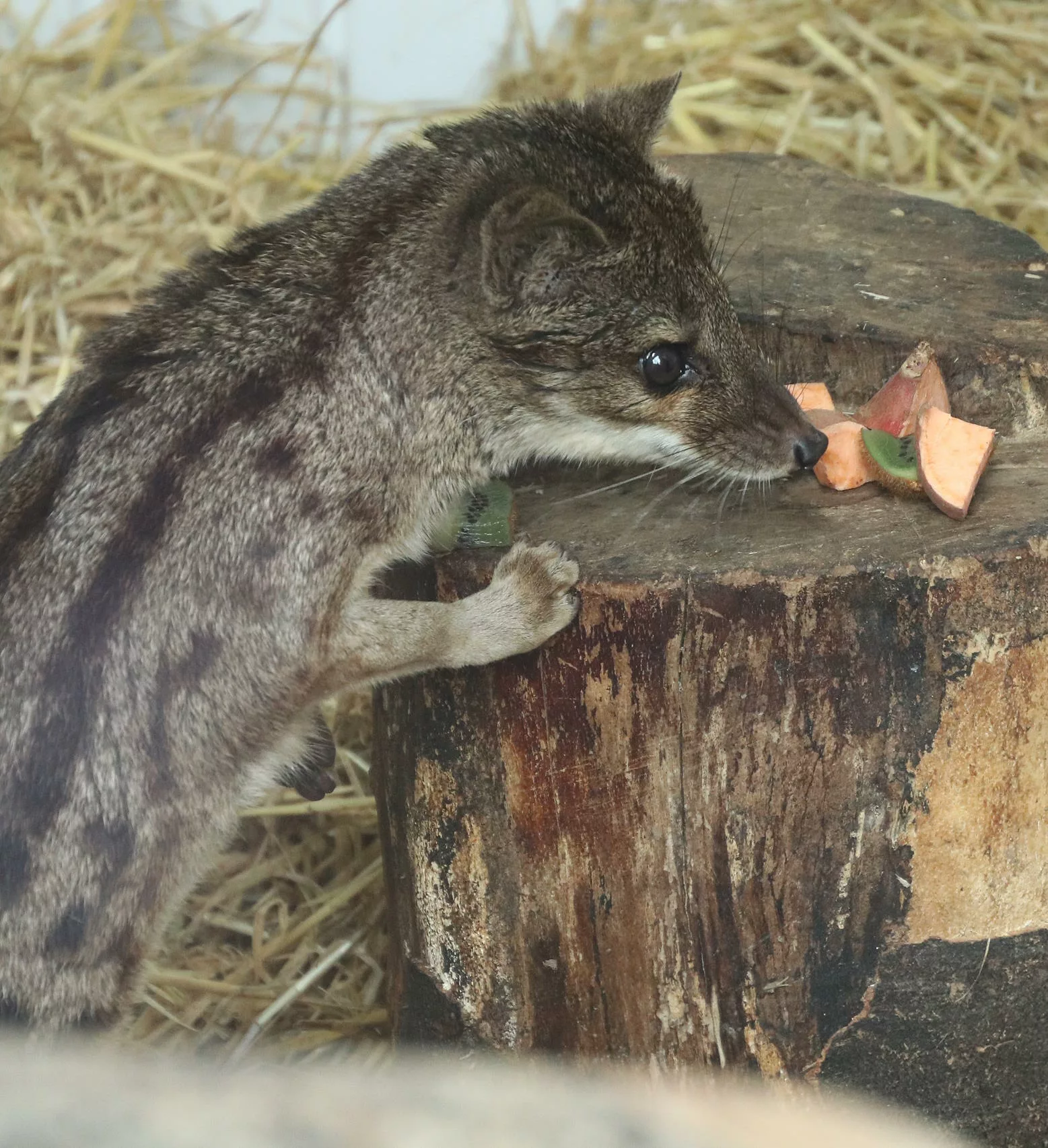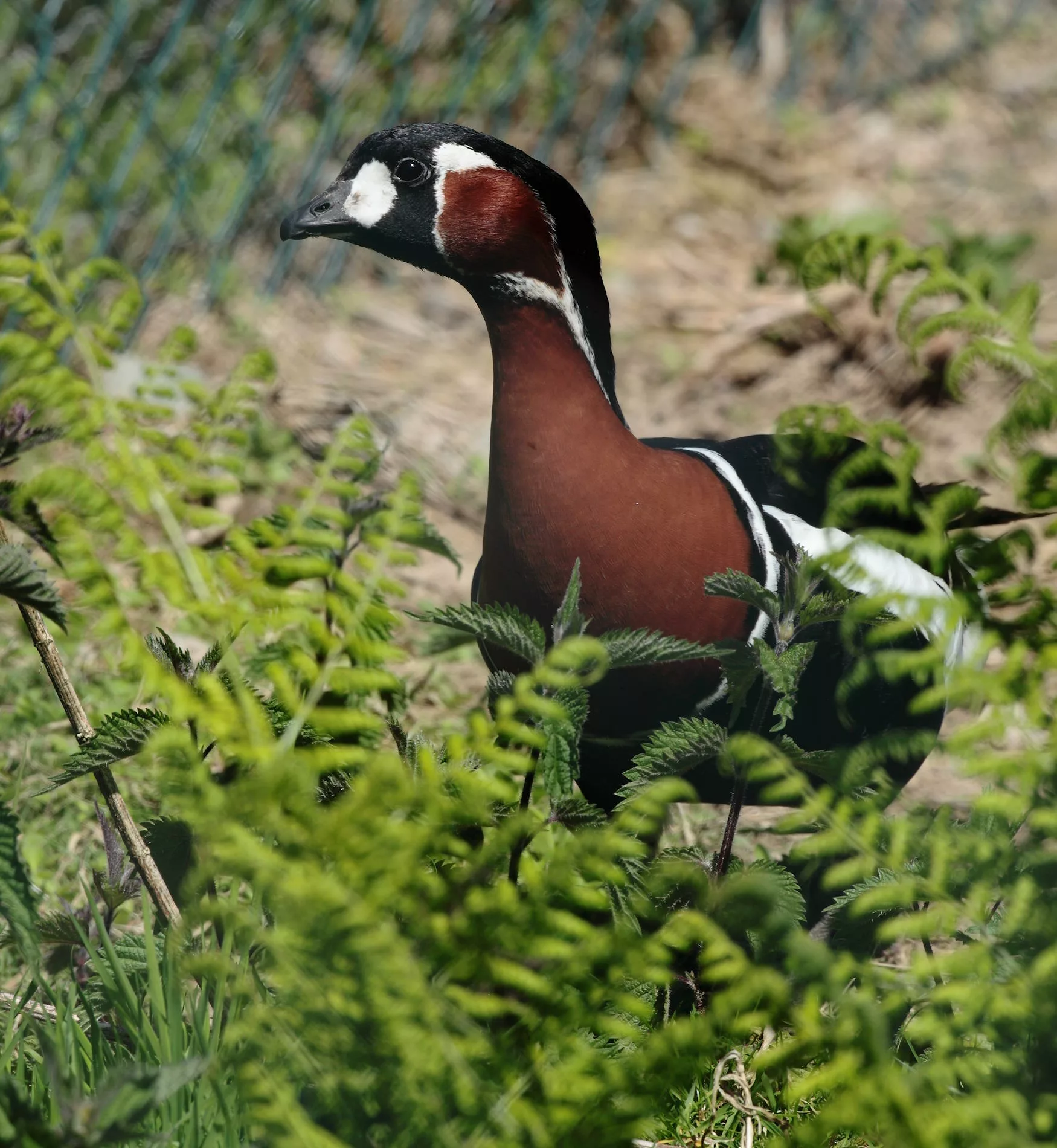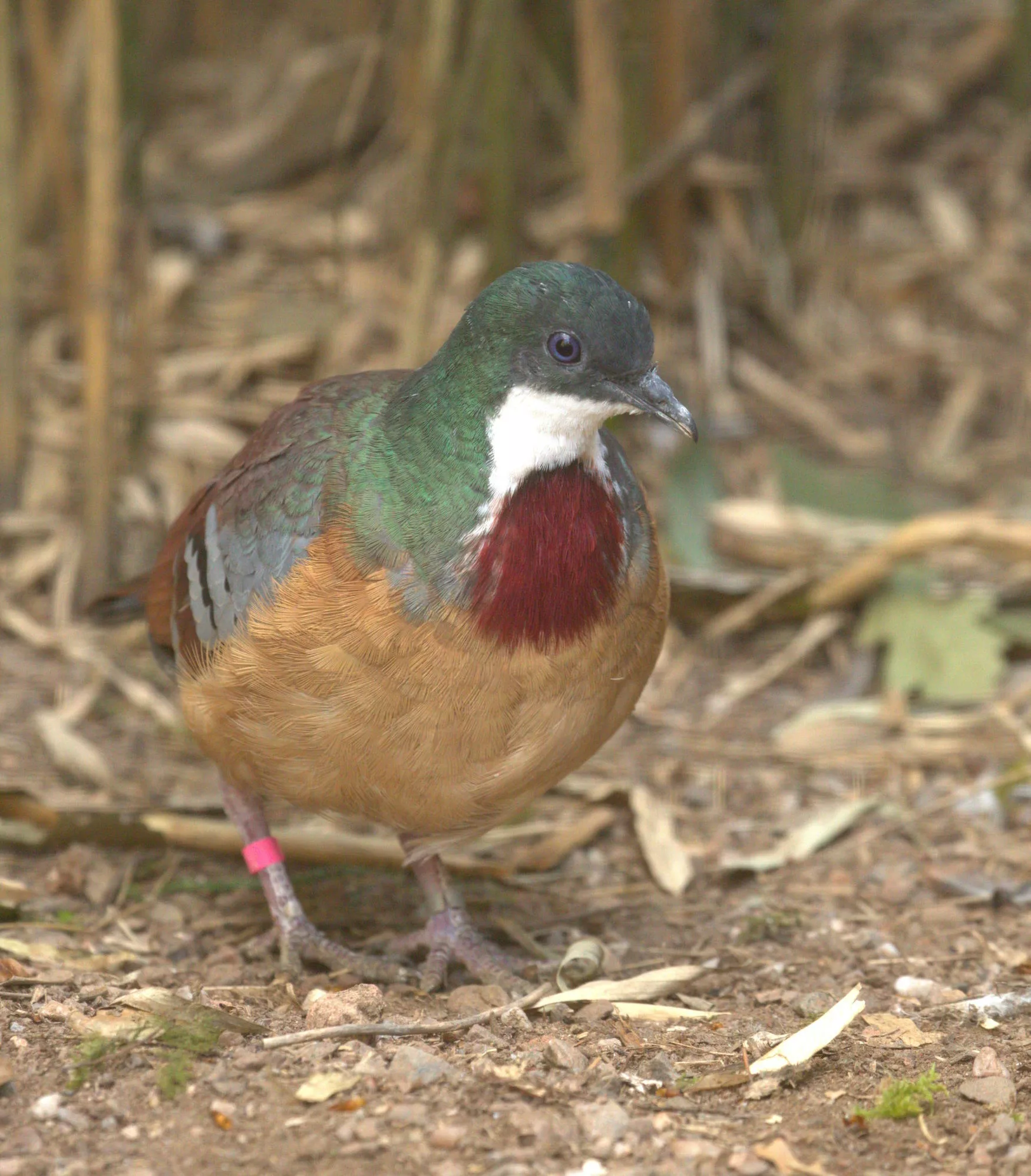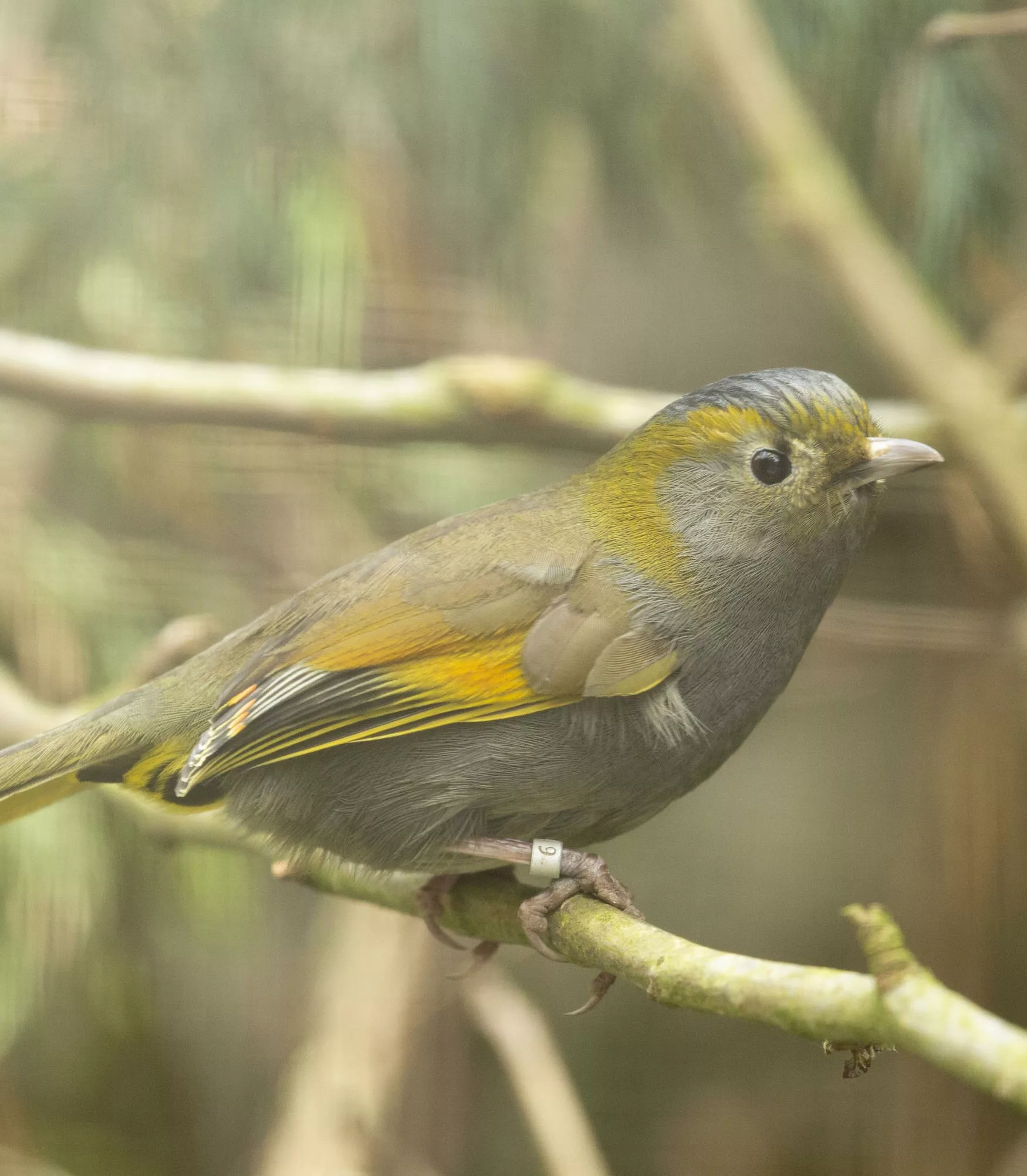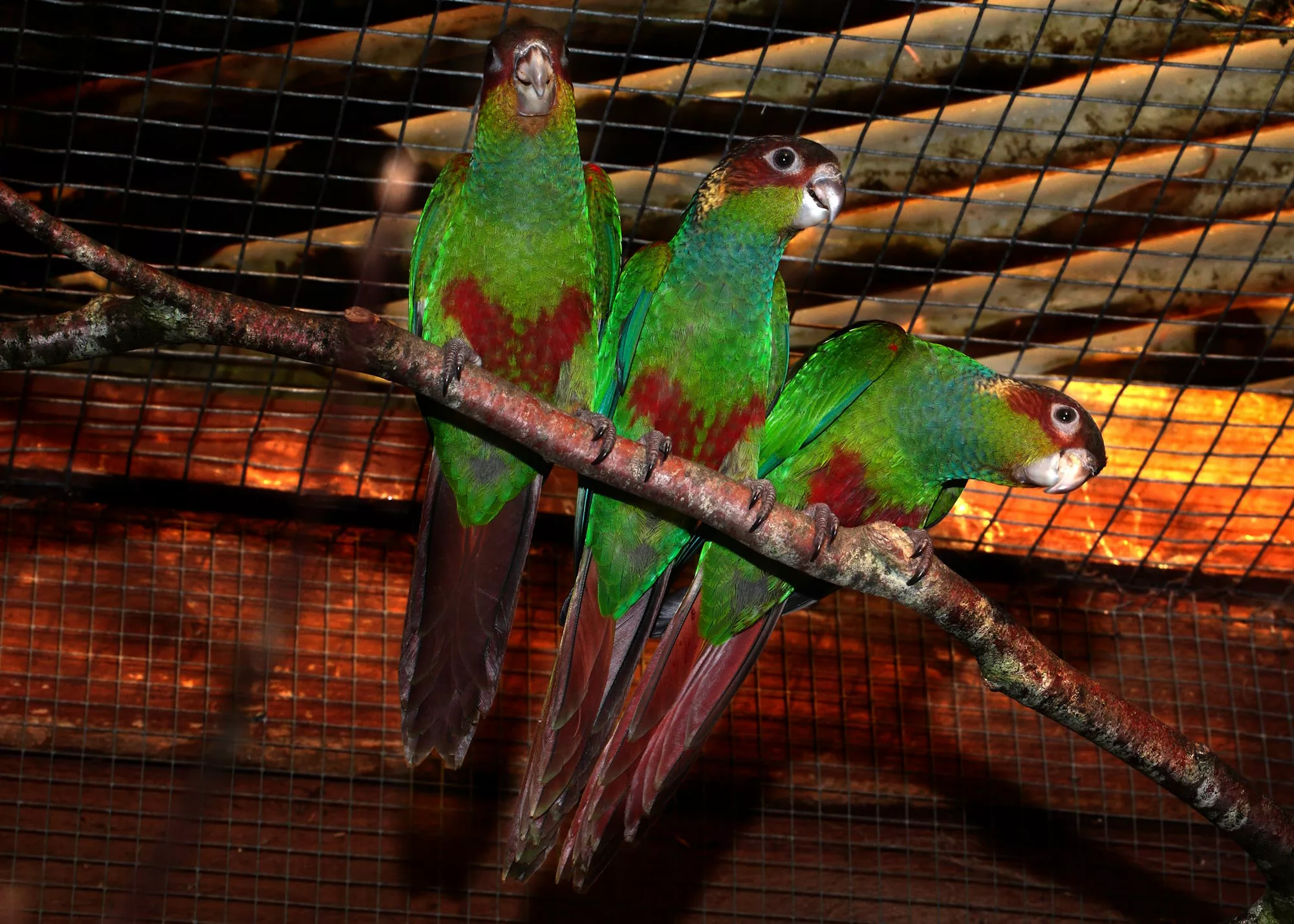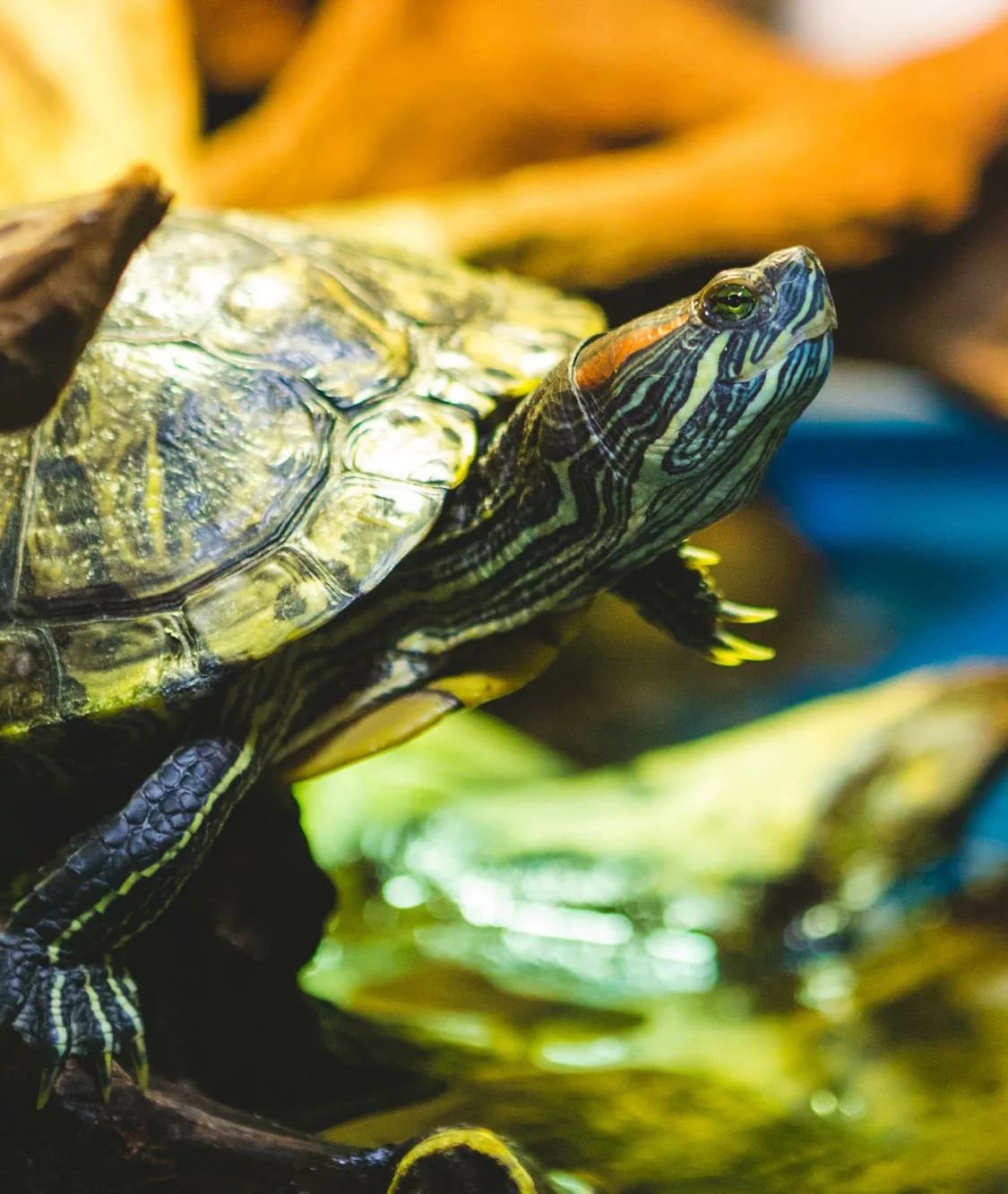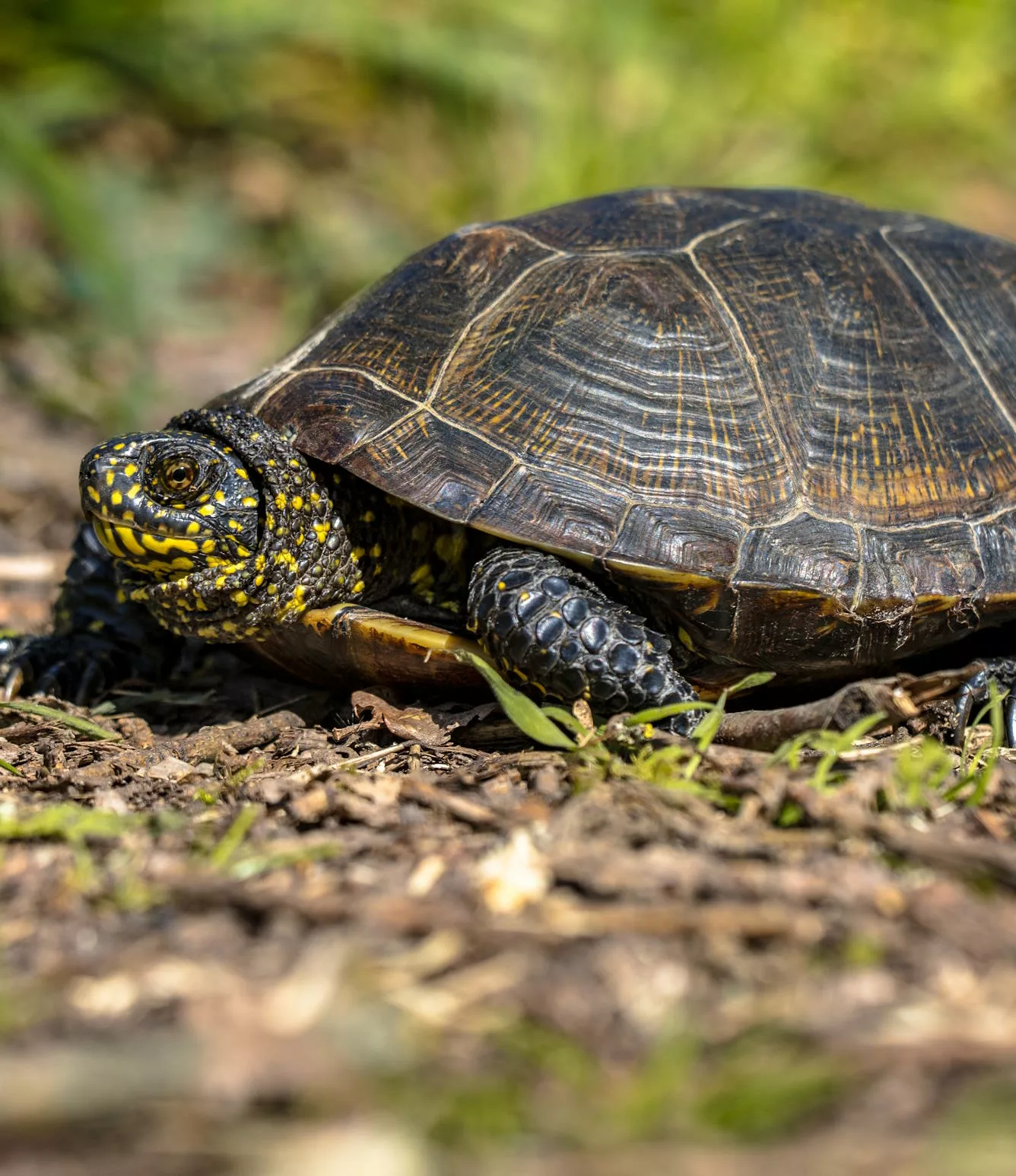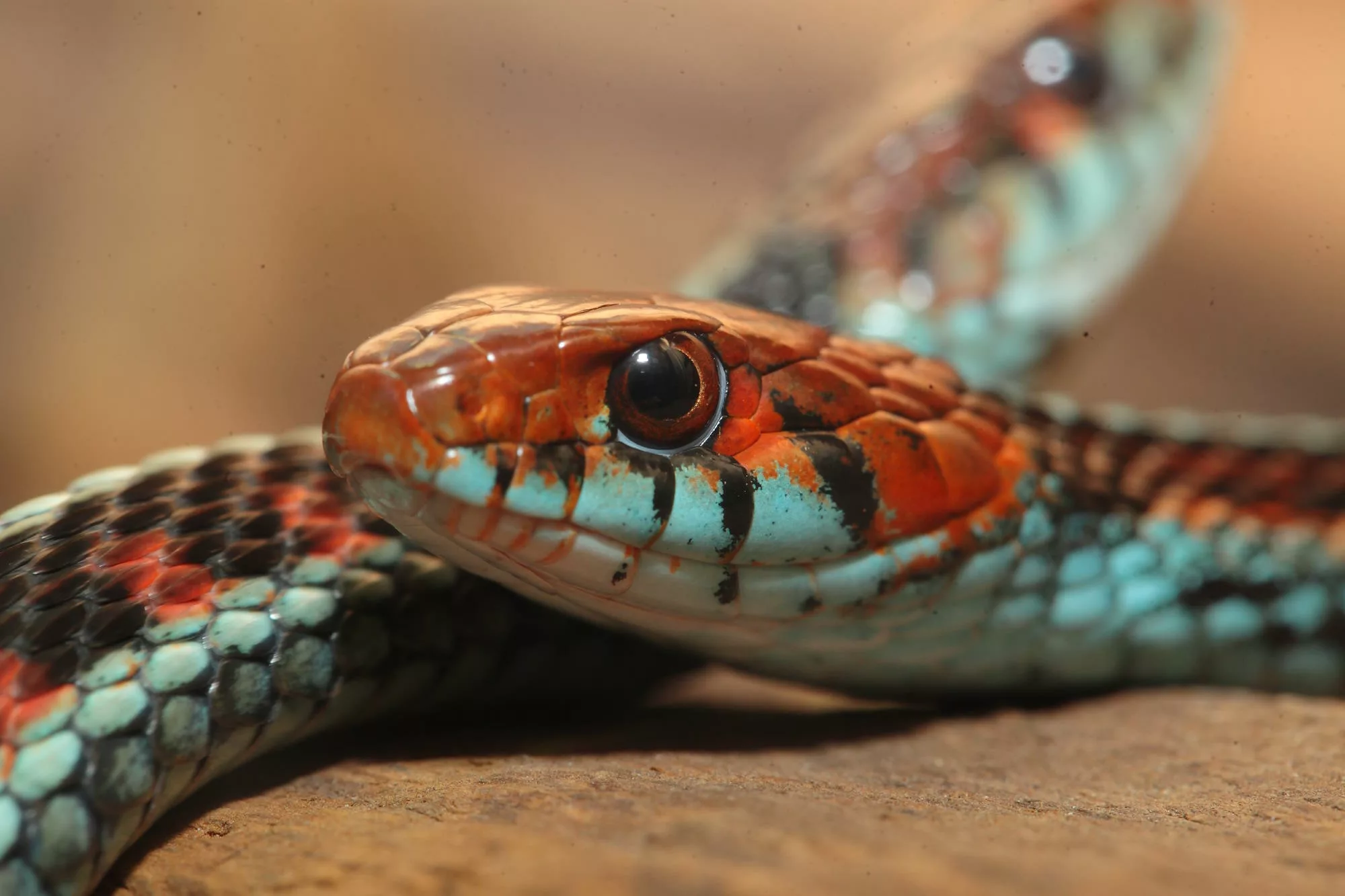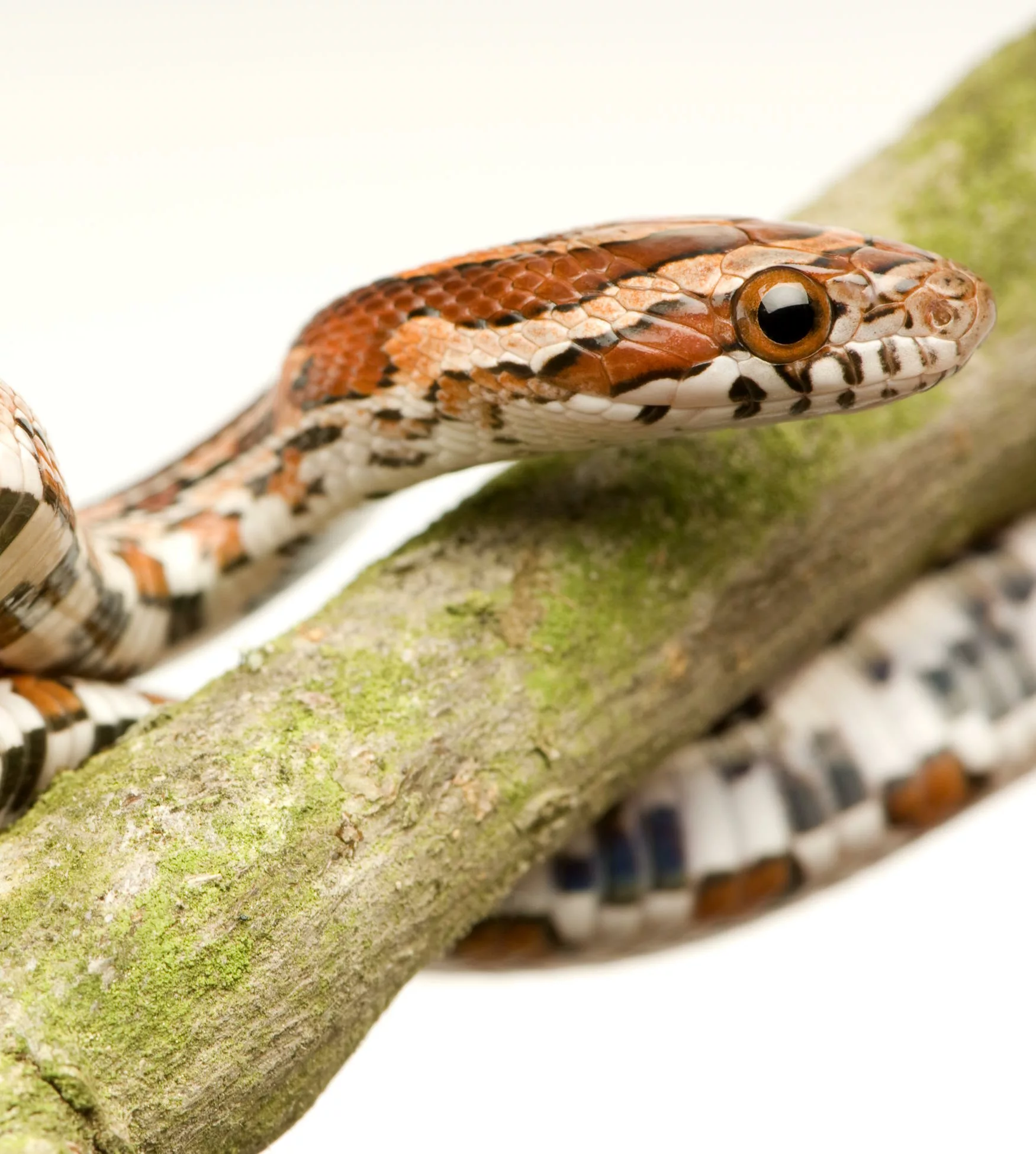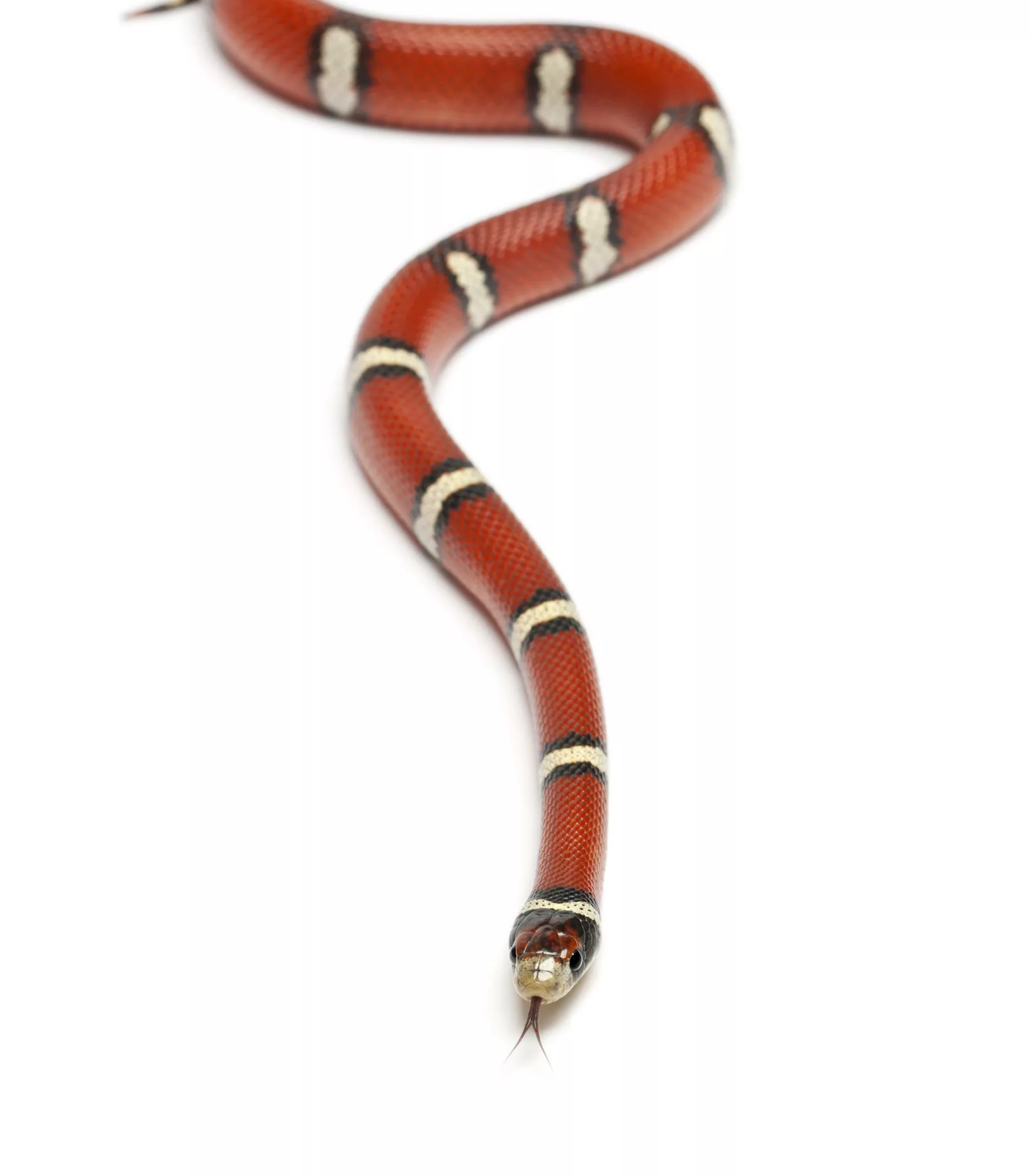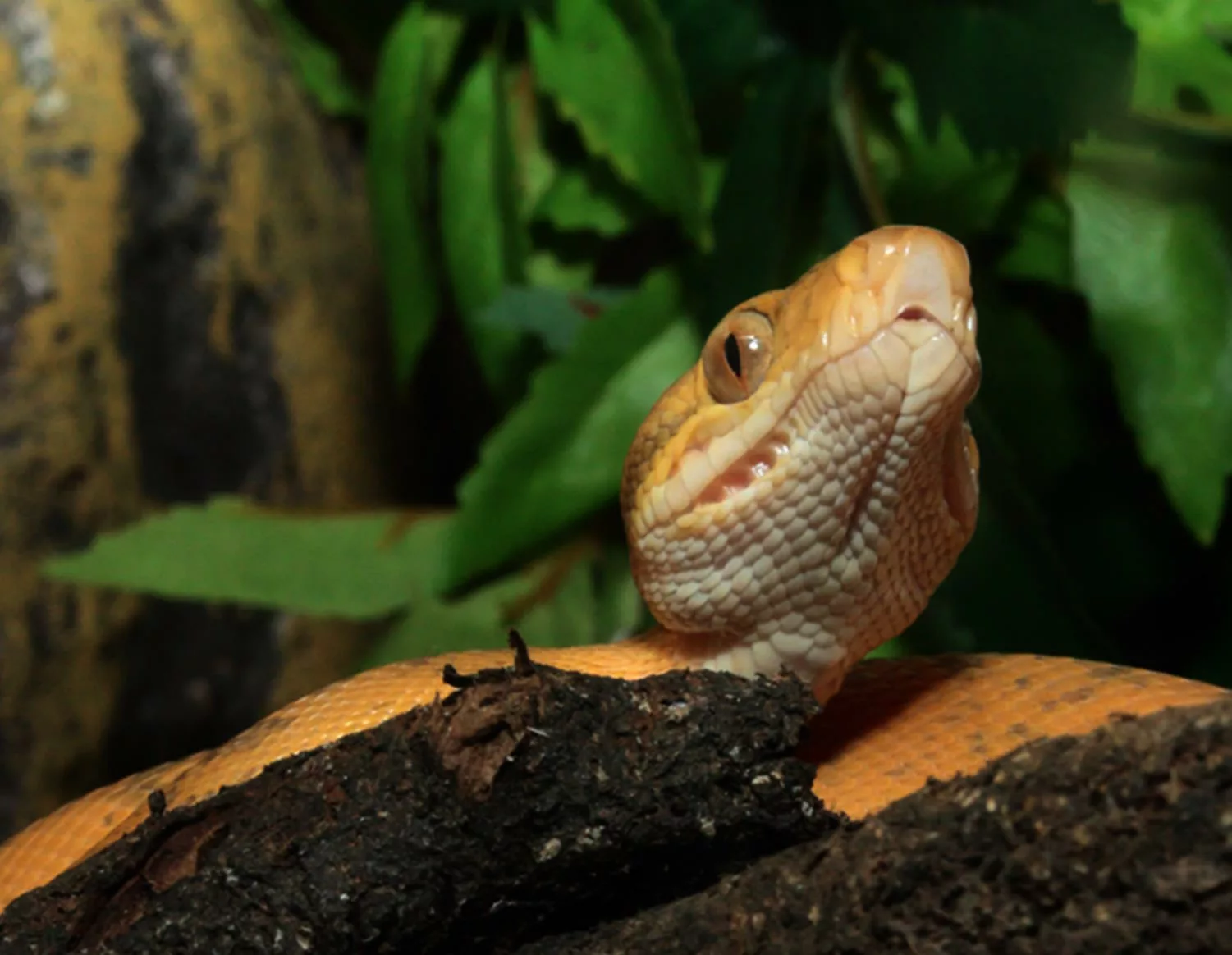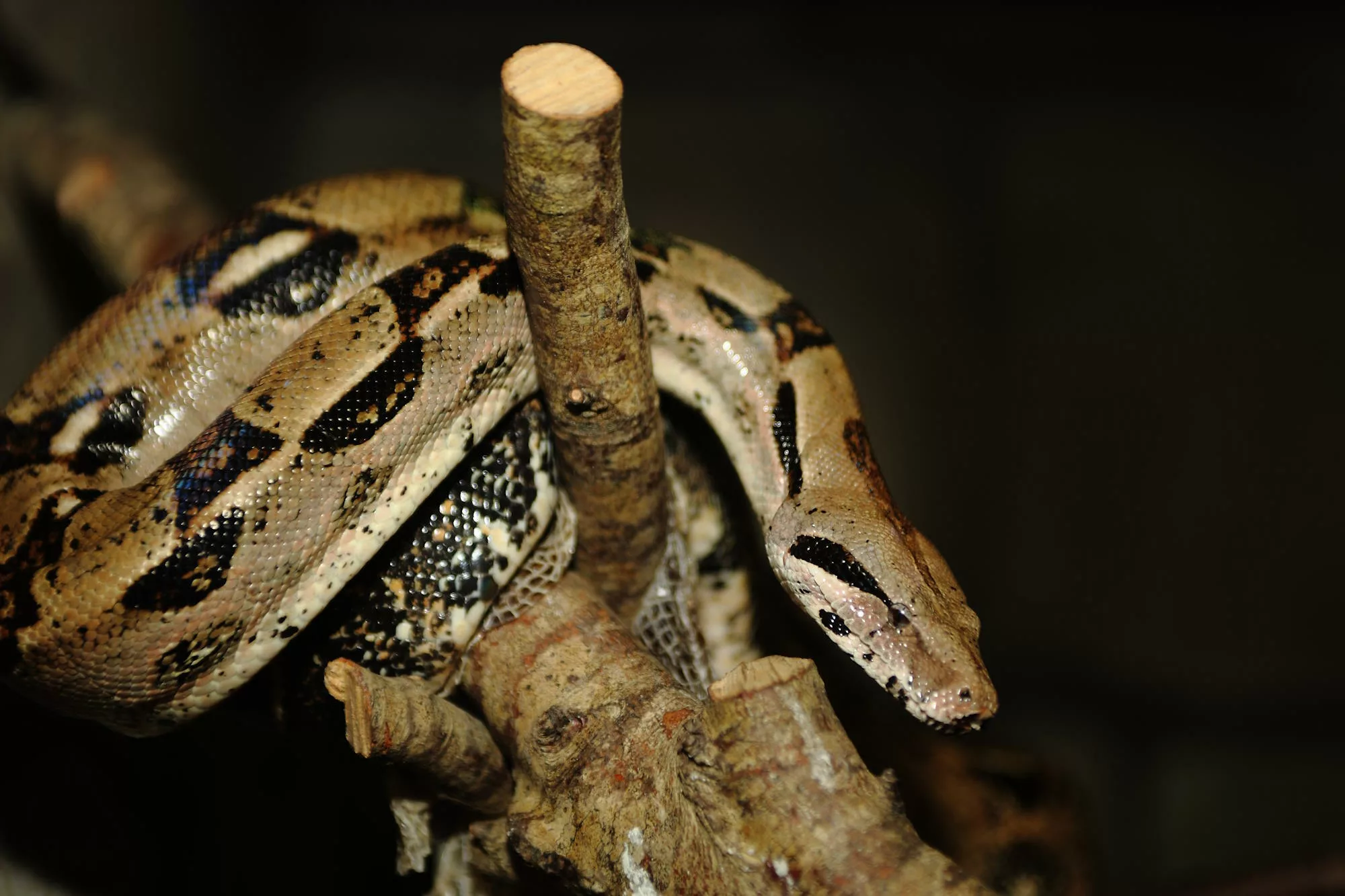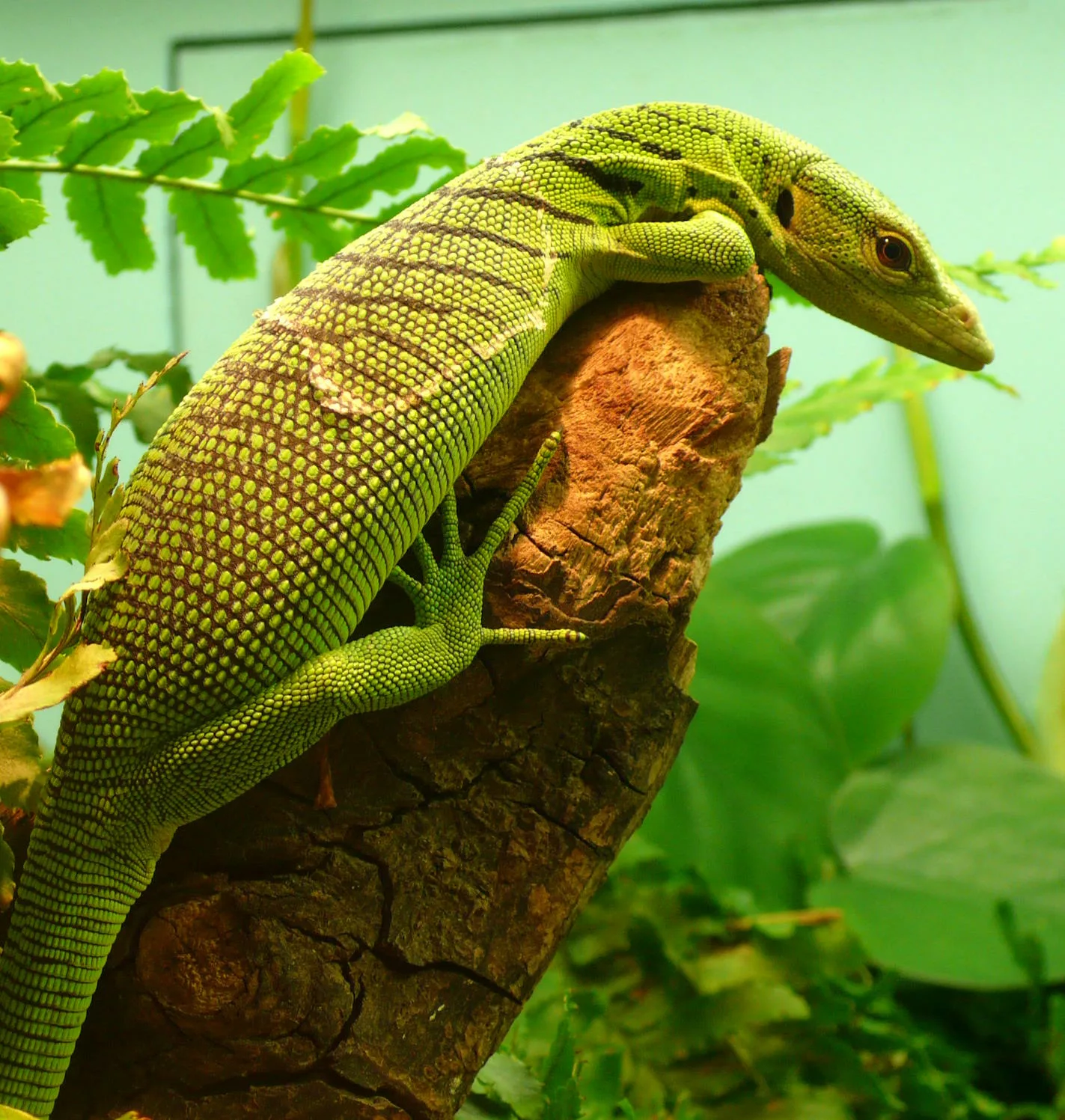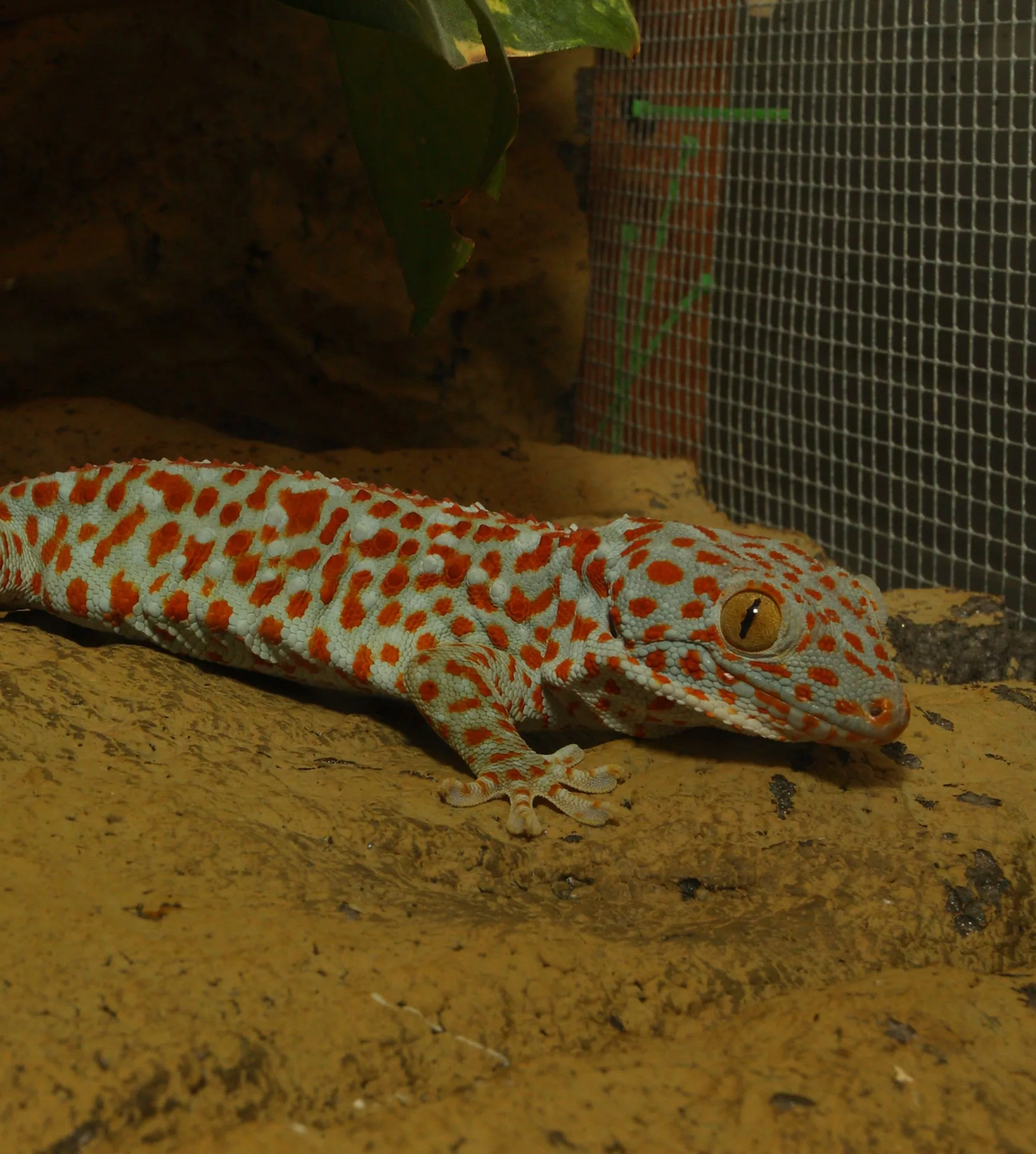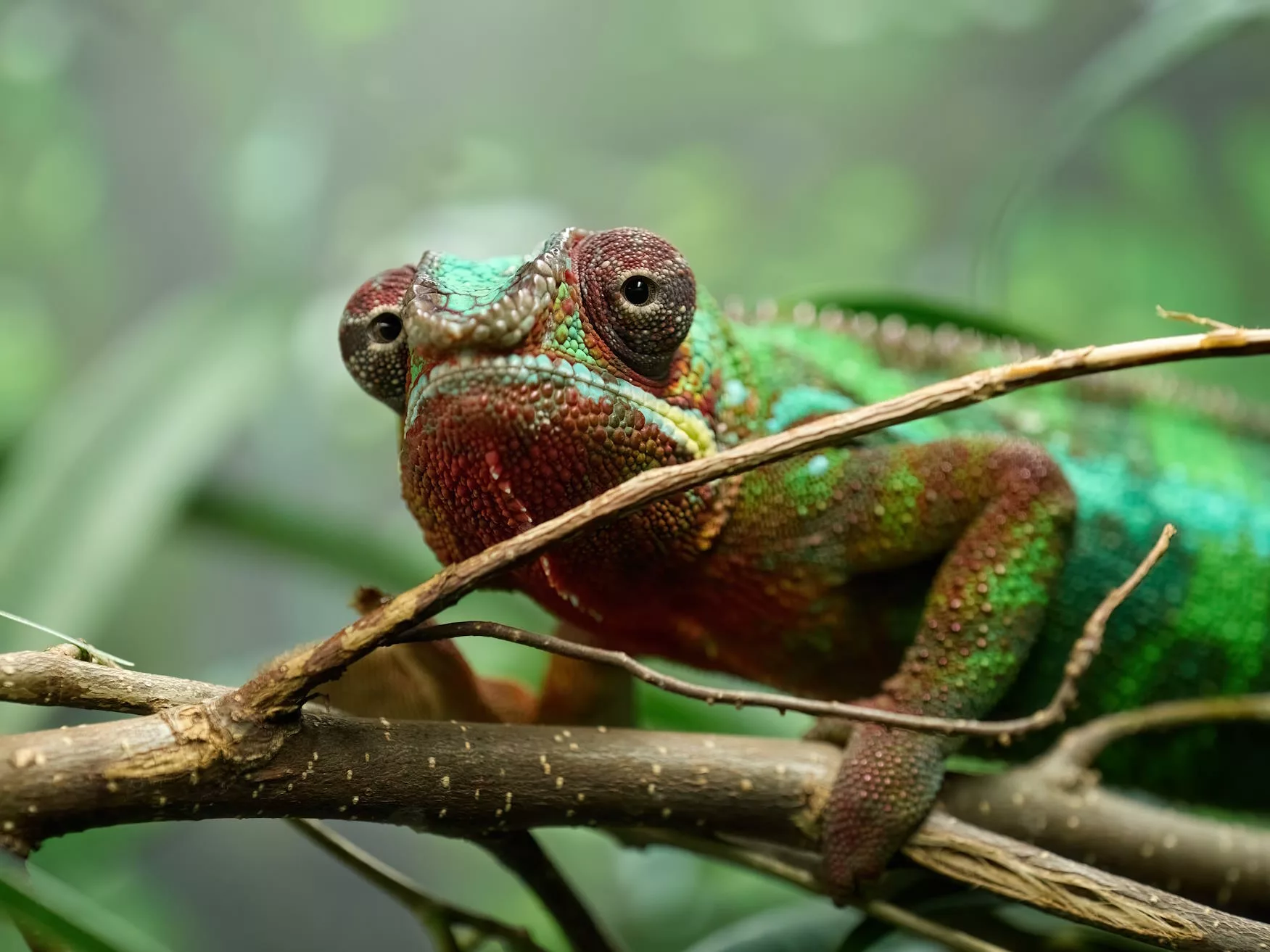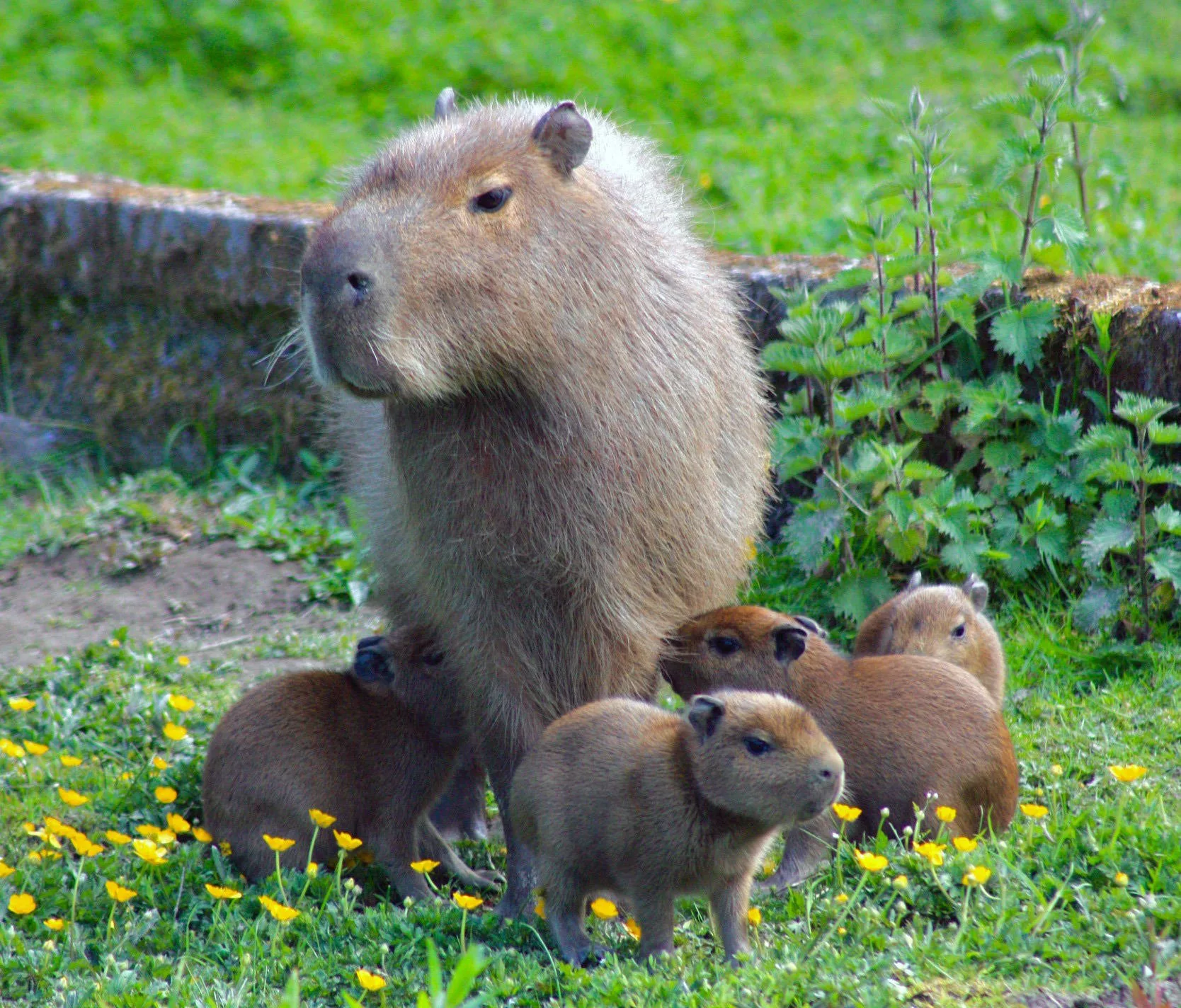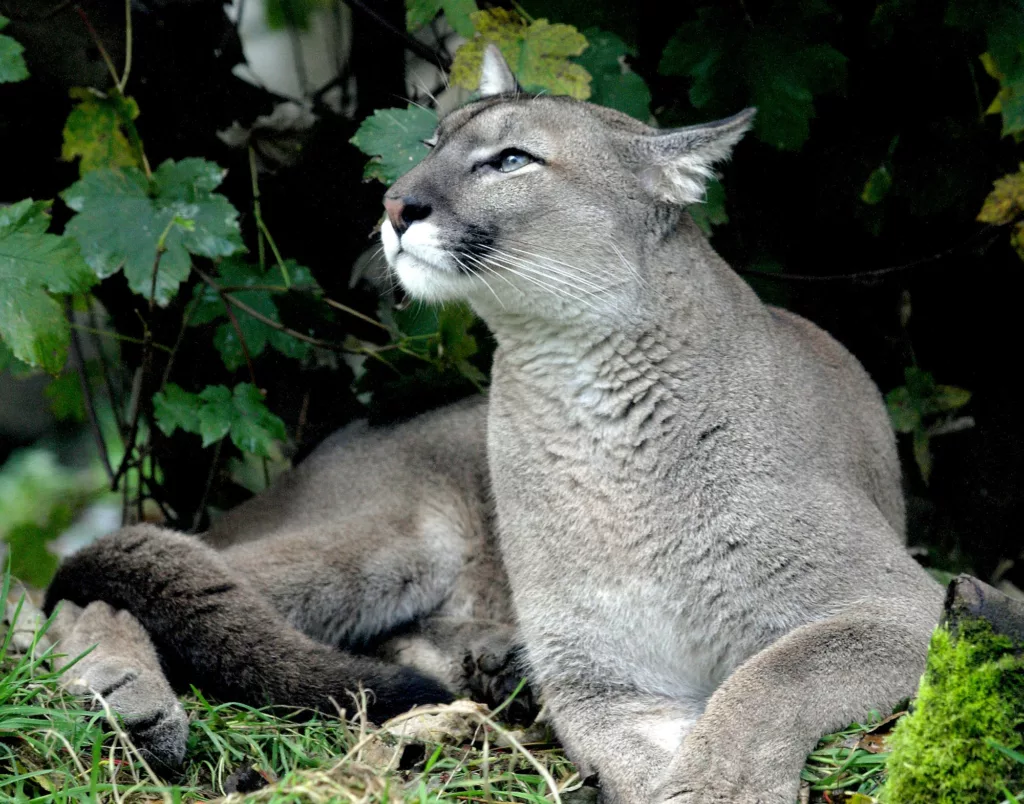
Cougar
Scientific name: Puma concolor
IUCN listed as: Least Concern
Learn before you visit!
Here are some facts about the species – Discover what they eat, find out about their natural habitat, see what they like to do, and more… Set the reading style to suit you too, everyday speak or something aimed towards children.
Child-friendly
Everyday
Diet
Cougars are carnivores and primarily hunt deer, particularly mule deer and white-tailed deer. They also prey on smaller mammals like rabbits, rodents, and occasionally livestock such as sheep or goats. They are solitary hunters and use stealth and ambush tactics to catch their prey.
Cougars mainly eat deer but also catch smaller animals like rabbits and rodents. They hunt alone and use surprise to catch their prey.
Breeding
Female cougars reach sexual maturity at around 2 to 3 years old, while males mature slightly later. Mating can occur throughout the year, with a peak in late winter to early spring. After a gestation period of about 90 days, females give birth to a litter of typically 1 to 4 cubs.
Female cougars become adults at around 2-3 years old and have babies after mating in late winter or early spring. Cubs stay with their mother until they are old enough to live on their own.
Habitat
Cougars inhabit a variety of habitats including forests, grasslands, swamps, and mountains across North and South America. They prefer areas with dense vegetation for cover and proximity to prey species like deer.
Cougars live in forests, mountains, and other places across North and South America. They like places where they can hide and find deer to eat.
At the zoo
Cougars are sometimes kept in zoos for educational purposes. They require large enclosures with plenty of space to roam and climb. Zoos provide them with a diet similar to their wild counterparts, ensuring they receive balanced nutrition.
Cougars sometimes live in zoos to teach people about them. Zoos give them big places to live and feed them like they eat in the wild.
Behaviour
Cougars are solitary animals and are most active during dawn and dusk (crepuscular). They are excellent climbers and swimmers, which aids them in hunting and escaping threats. They mark their territories with scrapes, urine, and feces to communicate with other cougars.
Cougars are by themselves and are most awake in the early morning and evening. They are great at climbing and swimming, which helps them catch food and get away from danger.
Fun facts
- Cougars can leap more than 6 meters (20 feet) in a single bound!
- They can purr like domestic cats, especially when they are relaxed.
- Cougars have the largest range of any terrestrial mammal in the Western Hemisphere.
- They are also known as pumas, mountain lions, or panthers depending on their geographic location.
- Despite their large size, cougars are excellent at climbing trees.
- Cougars can jump really far, more than 20 feet in one jump!
- They can purr like pet cats, especially when they’re happy and relaxed.
- Cougars have a huge area where they live across North and South America.
- They are also called pumas, mountain lions, or panthers, depending on where they are.
- Even though they are big, cougars are great at climbing trees.
More animals to discover at our zoo
Quick Links
Tickets & Prices
You can buy tickets for Exmoor Zoo securely online, as well as finding out more price options, discover offers, and more…
What’s on…
Exmoor Zoo hosts incredible Events all through the year. You can find out about what we’ve got in store here…
Routes & info
Like any great discovery, Exmoor Zoo can feel a little off the beaten path – but don’t worry – you can plan your journey with our recommended routes and other useful travel info.
